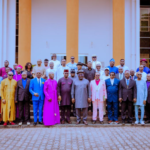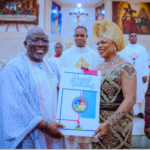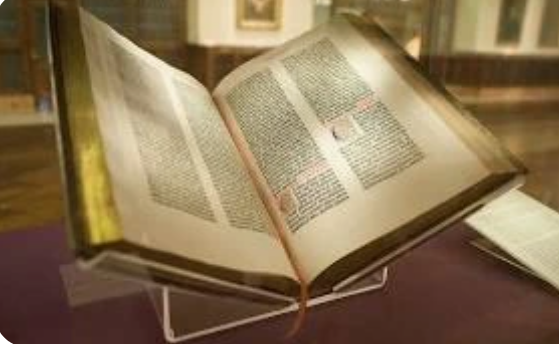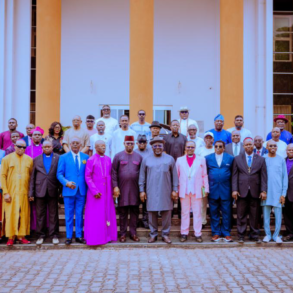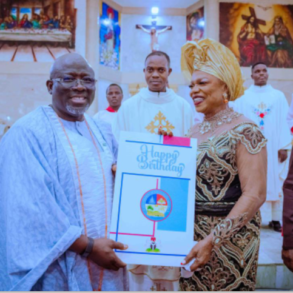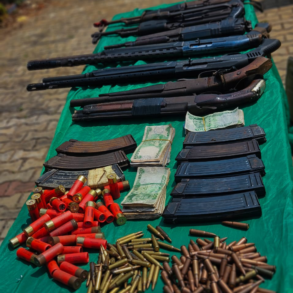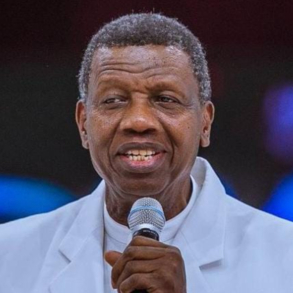Nigeria, a country with a vibrant and diverse Christian community, has in recent years witnessed a disturbing trend – biblical conflicts among pastors. These conflicts, often fueled by differing interpretations of scripture, ego, and power struggles, have led to divisions, public feuds, and in some cases, even violence.
At the heart of these conflicts lies a complex web of theological, cultural, and personal issues. Nigerian pastors, like their counterparts around the world, are not immune to the challenges of interpreting scripture in a rapidly changing world. However, the peculiarities of Nigeria’s religious landscape, where Christianity and traditional religions coexist with Islam, have created a unique set of circumstances that often exacerbate these conflicts.
One of the most high-profile examples of these conflicts is the long-standing feud between Pastor Enoch Adeboye, the General Overseer of the Redeemed Christian Church of God (RCCG), and Pastor T.B. Joshua, the late founder of the Synagogue Church of All Nations (SCOAN). The two men, who were once close friends and colleagues, had a falling out over issues of doctrine and church governance.
The conflict escalated into a full-blown public feud, with both men trading barbs and accusations in the media. The rift between them was so deep that it led to a split in the Christian community, with some pastors and churches aligning themselves with Adeboye, while others supported Joshua.
Another example is the conflict between Pastor Chris Oyakhilome, the founder of Christ Embassy, and Pastor Matthew Ashimolowo, the founder of Kingsway International Christian Centre (KICC). The two men had a disagreement over issues of church governance and finances, which led to a public feud.
These conflicts, while disturbing, are not unique to Nigeria. However, the country’s peculiar religious landscape, where Christianity is often intertwined with traditional religions and cultural practices, has created a unique set of challenges for pastors and churches.
The scriptural twists by these Pastors have also taken the center stage. Having Pastor Abel Damina Bishop Adeboye give a sermon today to apologize the next day for misinterpreting the Holy Bible.
According to Rev. Fr. Ejike Mbaka, a Catholic priest and founder of the Adoration Ministry, Enugu, “The problem is that many Nigerian pastors are more interested in building their own empires rather than serving God. They are driven by ego, power, and wealth, rather than a genuine desire to serve humanity.”
Mbaka’s comments are echoed by Pastor Ituah Ighodalo, the founder of the Trinity House Church, who notes that “the lack of accountability and transparency in many Nigerian churches has created an environment where conflicts can thrive.”
So, what is the way forward? How can Nigerian pastors and churches overcome these conflicts and work towards a more united and harmonious Christian community?
According to Pastor Sam Adeyemi, the founder of Daystar Christian Centre, “The key to resolving these conflicts is to focus on our shared values and goals as Christians. We must learn to disagree without being disagreeable, and to prioritize our shared humanity over our differences.”
Adeyemi’s comments are echoed by Bishop Hassan Kukah, the Catholic Bishop of Sokoto, who notes that “Nigerian pastors and churches must learn to work together, despite our differences, to address the common challenges facing our country and our people.”
The biblical conflicts among Nigerian pastors are a complex and multifaceted issue, driven by a range of theological, cultural, and personal factors. However, by focusing on our shared values and goals as Christians, and by prioritizing our shared humanity over our differences, we can work towards a more united and harmonious Christian community.

